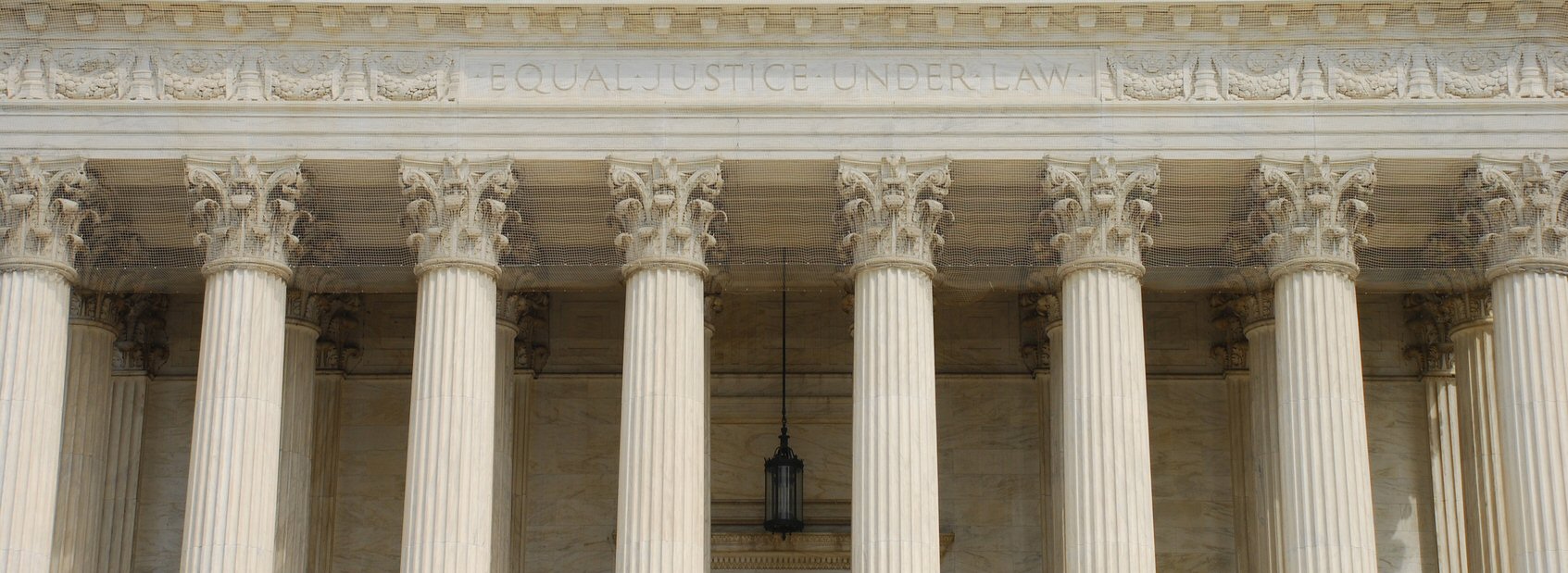Position Statement – 2022
S.1553-C / A.6399-B
Clean Slate Act
Support
The Women’s Bar Association of the State of New York (WBASNY) supports the laudable goals of the Clean Slate Act (S1553C/A6399-B), to amend the Criminal Procedure Law, Executive Law, and the Correction Law, relating to automatic sealing of certain criminal convictions, but recommends a few modifications, many of which reflect the language contained in Part AA of the Governor’s Public Protection and General Government Article VII in the Executive Budget proposal.
For background, the “Clean Slate Act” would amend the Criminal Procedure Law (“CPL”) to automatically seal most felony convictions seven (7) years after the date of sentencing and misdemeanor convictions, including DWI, three (3) years after sentencing, as long as the individual applying is not under supervision. The bill also provides housing, licensing, employment and other protections to those who had their convictions sealed.
It is well-founded that the American criminal justice system disproportionately targets and disfavors people of color. Data from the Bureau of Justice Statistics show that there are similar rates of violence among white and Black Americans,[1] yet studies show that Black and Latinx people are more likely to be stopped, searched, and arrested.[2] Incarceration rates for Black and Latinx women are 1.7 times and 1.3 times the rate for white women, respectively.[3] The collateral impacts of these disparities are further reflected in employment opportunities as well. Research has found that 17% of white Americans with a conviction record are called back after a job interview while only 5% of Black Americans with similar records are called back.[4] This blatant exclusion of capable, available workers greatly affects the work force: the ACLU estimates that excluding individuals with convictions histories costs the economy between $78 billion and $87 billion in lost gross domestic product (“GDP”).[5]
New York presently has laws allowing a person to get specific criminal records sealed. However, to be sealed, the conviction(s) must have occurred at least ten (10) years prior, and the individual seeking sealing must still serve a Sealing Motion on the District Attorney’s Office, a process which can be extremely difficult to do without legal assistance. While approximately 600,000 New Yorkers are eligible for sealing through the current statute, fewer than 2,500(less than 1%) have successfully sealed their record due to the complex procedure.[6] By enacting the Clean Slate Act, New Yorkers with criminal justice involvement will no longer be punished after “paying their debt to society.” This legislation will provide many people with the opportunity to become thriving, contributing community members. For people of color who have made improvements in their lives since their criminal matter, who have families to care for and financial responsibilities to tend to, having their record automatically sealed can help to bring closure and allow them to focus on the positive changes they have made.
PROPOSED MODIFICATIONS:
WBASNY respectfully suggests the following additions and amendments to the proposed bills:
- It should be made explicit that to qualify for sealing, an individual may not have any pending criminal matters or active warrants in New York state or any other jurisdiction and may not be under the supervision of parole or probation in New York State or any other jurisdiction.
This is consistent with the Governor’s Budget, Public Protection and General Government Article VII Legislation Section AA page 178 lines 18-21.
- To avoid the possibility of rolling convictions and sealing, re-offending and sealing, WBASNY recommends limiting the number of offenses that can automatically be sealed in one’s lifetime.
- WBASNY suggests it be made explicit that individuals who are convicted of committing a Class A Violent Felony as defined in Penal Law sections 70.00 and 70.02 are ineligible because these individuals would be on lifetime parole or supervision.
- WBASNY requests that it be made explicit that sealing shall only occur at the expiration of the final/actual sentencing period, including but not limited to periods of incarceration, parole, probation and any other time for which the individual has received a credit off the original sentence.
This would comport with the language of the Governor’s Budget in Section AA at page 177 lines 17-25 and page 178 lines 1-2.
While the legislation provides that the sealed records of conviction shall be accessible to certain state and public entities exercising their governmental responsibilities, it should also make provisions for access by private entities in the business of providing care for particularly vulnerable populations, including but not limited to providers of child care, home health care and care of the elderly. For example, providers of transportation for school-aged children should be able to request information about sealed records of potential employees.
WBASNY has a long and honored role in making life better for women and children in our world, by advocating for equality and fair treatment. The Association has long been at the forefront of changing laws in the areas of domestic violence, in achieving equity in marital dissolution, in achieving fairness in custody decisions, in the initiative against crimes of sexual violence and in the initiative against sexual discrimination in employment. WBASNY will continue to be a powerful force to affect policy change on issues affecting women and children. Our mission commits us to address and support legislation which advocates for change for women and children throughout the state and promotes the fair and equal administration of justice for all. With over 4,000 members strong, WBASNY speaks as one voice to advocate for equal access to justice for women and children both here in the State of New York and beyond.
[1] Elizabeth Hinton, LeShea Henderson, and Cindy Reed, “An Unjust Burden: The Disparate Treatment of Black Americans in the Criminal Justice System,” Vera Institute of Justice, May 2018, 4.
[2] Ibid., 7.
[3] “Incarcerated Women and Girls,” The Sentencing Project, last modified November 2020.
[4] From “The Mark of a Criminal Record,” American Journal of Sociology 108, 5 (2003); 937-975, Devah Pager.
[5] Facts — Clean Slate NY
[6] Facts — Clean Slate NY

